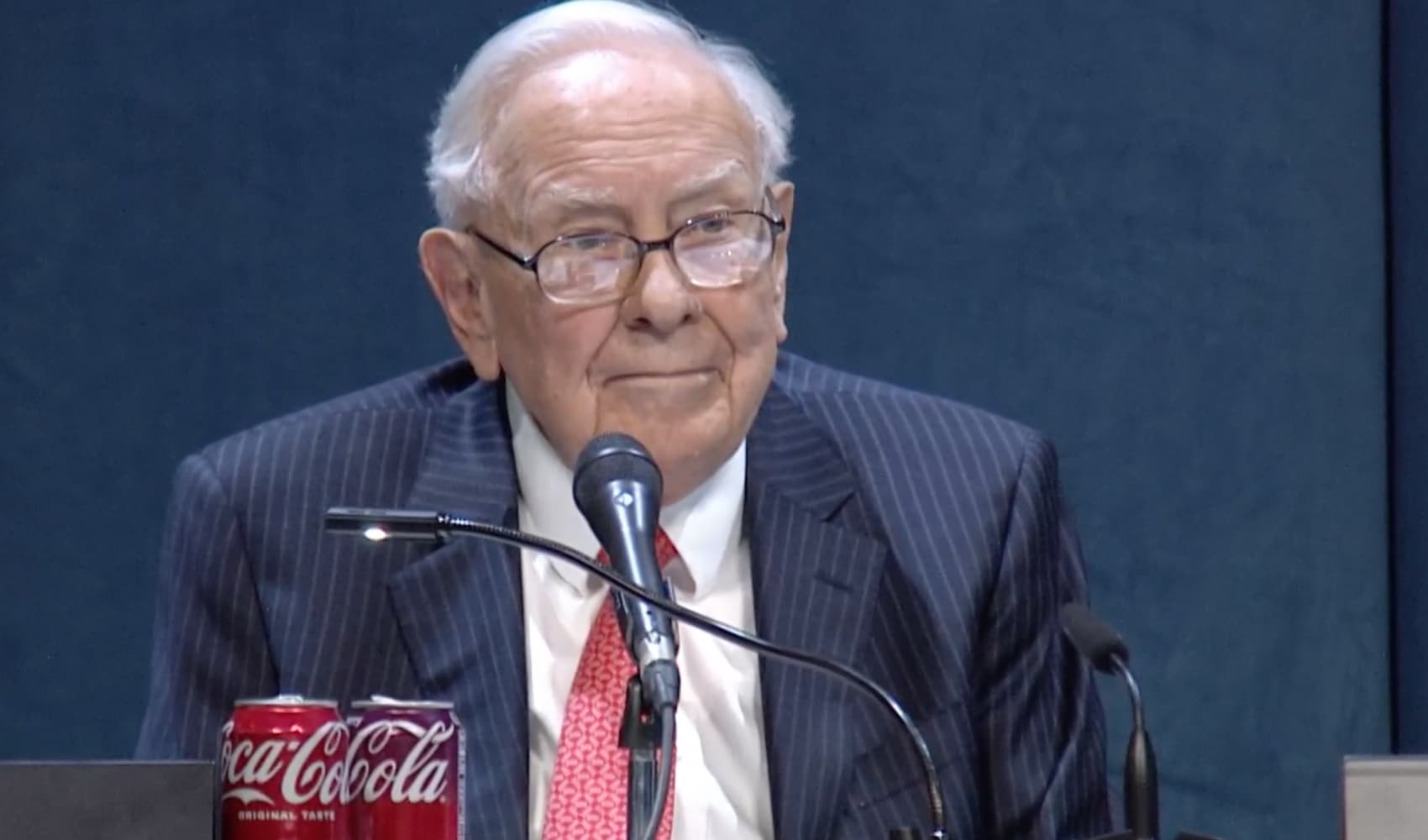NPR & PBS Funding Cut? Trump's Order Explained!
Trump's Executive Order: Will NPR & PBS Lose Funding?
Introduction: The Battle Over Public Broadcasting
The airwaves are buzzing, folks! It seems the saga of public broadcasting and its funding is far from over. President Trump, before leaving office, signed an executive order aimed squarely at the heart of National Public Radio (NPR) and the Public Broadcasting Service (PBS). The question is, will this order actually cut off the federal funding lifeline that these institutions have relied on for decades? Let's dive into the details and explore the potential fallout.
Trump's Order: A Shot Across the Bow?
Late one Thursday, the news broke: an executive order directing the Corporation for Public Broadcasting (CPB) to "cease federal funding for NPR and PBS" to the extent allowed by law. This wasn't just a whisper of discontent; it was a direct challenge. But what exactly does this mean? And more importantly, can it actually be implemented?
The Legalese: "To the Extent Allowed by Law"
That little phrase, "to the extent allowed by law," is crucial. It's a safety net, of sorts, acknowledging that there may be legal hurdles in completely defunding NPR and PBS. This suggests that the order itself might be more of a symbolic gesture than a guaranteed financial knockout.
The Rationale: Bias and An Outdated System?
Trump's reasoning behind the order is hardly a secret. He, along with many conservatives, has long accused NPR and PBS of harboring a liberal bias. The executive order itself argues that the media landscape has changed drastically since the CPB was founded in 1967. It suggests that government funding is now "outdated and unnecessary," and even "corrosive to the appearance of journalistic independence."
Echoes of Musk: Sharing the Sentiment
Trump isn't alone in this sentiment. Elon Musk, among others, has publicly voiced similar concerns about bias in NPR and PBS. This alignment of views highlights a growing frustration within certain circles regarding the perceived slant of public broadcasting.
The Allegations: Bias, Bias Everywhere?
The accusation of bias is the elephant in the room. But is it a valid claim? Executives at both NPR and PBS staunchly deny any intentional bias. They maintain that their reporting strives for fairness and accuracy, regardless of political leanings. Is it possible to be completely objective? Or is some level of inherent bias unavoidable?
The Debate: Objective Journalism - Myth or Reality?
The very idea of "objective journalism" is a subject of intense debate. Some argue it's an unattainable ideal, while others insist it's a crucial principle to uphold. Where do you stand on this issue? Is it realistic to expect completely unbiased reporting from any news organization, public or private?
The Implications: What's at Stake?
If federal funding were to be completely eliminated, what would the consequences be? For many rural communities and underserved populations, NPR and PBS provide essential news, educational programming, and cultural content. Would these services be jeopardized?
Local Stations: The Front Lines
Many local NPR and PBS stations rely heavily on federal funding to operate. These stations often serve as vital sources of information for their communities, particularly in areas where other news outlets are scarce. Could defunding lead to station closures and a loss of valuable local journalism?
The Legal Challenges: A Battle in the Courts?
As with many executive orders, this one is likely to face legal challenges. Opponents could argue that defunding NPR and PBS violates the First Amendment or that it exceeds the President's authority. A protracted legal battle could ensue, leaving the future of public broadcasting in limbo.
The First Amendment: Freedom of the Press?
One potential legal argument is that defunding NPR and PBS constitutes a form of censorship, infringing on the First Amendment's guarantee of freedom of the press. Could the courts agree with this argument, effectively blocking the executive order?
The Alternate Funding Models: Could They Survive?
If federal funding is cut off, NPR and PBS would need to explore alternative funding models to survive. Could they rely more heavily on private donations, corporate sponsorships, or subscription services? The challenge would be to maintain their independence and integrity while securing sufficient funding to continue operating.
The Risks of Corporate Sponsorship
Relying too heavily on corporate sponsorships could raise concerns about undue influence. Would corporations be able to shape the content of NPR and PBS programming to suit their own agendas? This is a risk that would need to be carefully managed.
Public Opinion: Where Does America Stand?
How does the American public feel about funding NPR and PBS? Opinion polls have shown varying levels of support, often divided along political lines. However, a significant portion of the population values the services that these organizations provide.
The Voice of the People
Ultimately, the future of NPR and PBS may depend on the voice of the people. If enough Americans speak out in support of public broadcasting, it could influence the outcome of legal challenges and legislative debates.
A Historical Perspective: The CPB's Origins
To truly understand the current situation, it's helpful to look back at the origins of the Corporation for Public Broadcasting (CPB). Established in 1967, the CPB was intended to support the development of non-commercial educational broadcasting. Its mission was to provide a platform for diverse voices and perspectives, enriching the cultural landscape of the nation.
The Vision of Public Service
The founders of the CPB envisioned a public broadcasting system that would serve the public interest, providing educational and cultural programming that might not otherwise be available through commercial channels. This vision of public service is still at the heart of the debate over NPR and PBS funding.
The Political Landscape: A Shifting Terrain
The political landscape surrounding public broadcasting has shifted dramatically over the years. Once considered a bipartisan issue, it has become increasingly polarized, with conservatives often questioning the value of government funding for media organizations. This polarization has made it more difficult to secure consistent and reliable funding for NPR and PBS.
The Future of Public Media in America
What does the future hold for public media in America? Will NPR and PBS survive the challenges they face? Or will they be forced to adapt in ways that fundamentally alter their mission and purpose? Only time will tell.
Conclusion: The Unfolding Drama
Trump's executive order to defund NPR and PBS has ignited a heated debate about the role of public broadcasting in the 21st century. The future of these institutions hangs in the balance, dependent on legal challenges, public opinion, and the ability to adapt to a changing media landscape. The story is far from over, and the coming months will likely be filled with twists and turns. The battle over public broadcasting continues...
Frequently Asked Questions
- What is the Corporation for Public Broadcasting (CPB)?
The CPB is a private, non-profit corporation created by Congress in 1967 to support public broadcasting. It distributes federal funding to NPR and PBS, as well as other public media organizations.
- How much federal funding do NPR and PBS receive?
The amount of federal funding varies each year, but it typically accounts for a significant portion of their overall budgets. However, they also rely on private donations, corporate sponsorships, and other sources of revenue.
- What types of programs do NPR and PBS offer?
NPR and PBS offer a wide range of programs, including news, documentaries, educational content for children, cultural performances, and public affairs discussions.
- Why do some people believe NPR and PBS are biased?
Critics argue that NPR and PBS tend to favor liberal perspectives and that their reporting often reflects a left-leaning bias. However, executives at both organizations deny these allegations.
- What can I do to support NPR and PBS?
You can support NPR and PBS by making a donation to your local station, becoming a member, or contacting your elected officials to express your support for public broadcasting.


